Keywords: University Of Melbourne
There are more than 24 results, only the first 24 are displayed here.
Become a subscriber for more search results.
-
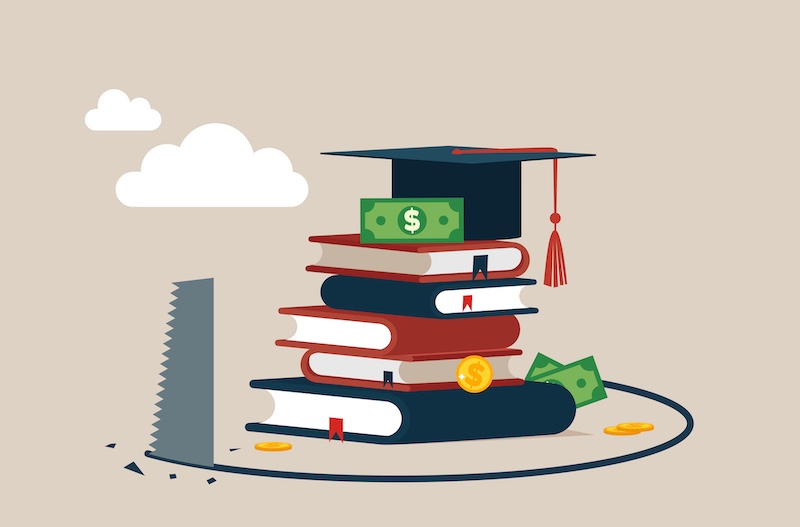
EDUCATION
- Erica Cervini
- 23 April 2025
Despite a lot of talk about education, neither of the major parties has talked about the funding of universities. However this federal election is likely to be determined by voters under the age of 45, the very group that rising university fees and HELP (higher education loan program) debts are hitting the hardest.
READ MORE
-
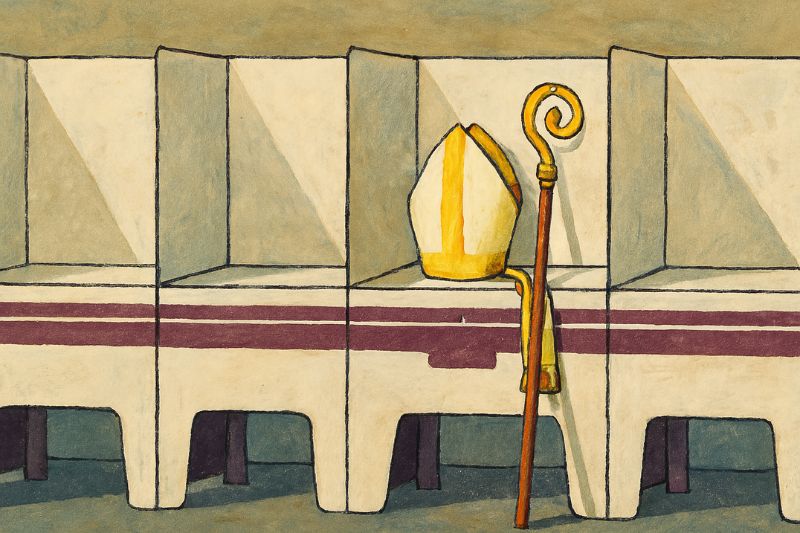
RELIGION
- John Warhurst
- 10 April 2025
As Australia approaches a federal election, the bishops have offered a statement of gentle encouragement themed around hope. Yet in its caution and generality, it raises questions about missed opportunities for moral clarity, national relevance, and a more engaged voice in public life.
READ MORE
-

AUSTRALIA
- David Hayward
- 28 March 2025
Covid offered a rare chance to reimagine the role of the state. What might have become a pivot to care and collective responsibility became a bonanza for entrenched interests. The crisis passed. Inequality returned. And the deeper reckoning that beckoned was quietly deferred, perhaps indefinitely.
READ MORE 
-
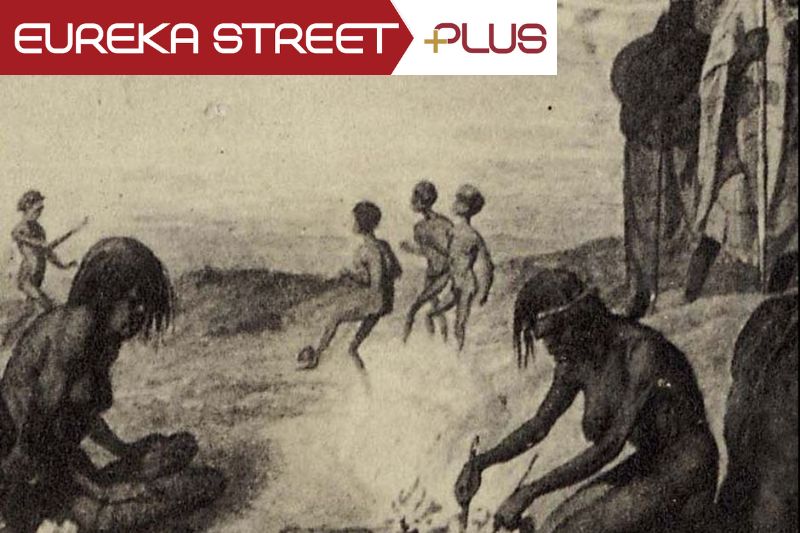
AUSTRALIA
- Jenny Sinclair
- 28 March 2025
The origins of Australian Rules Football are officially recorded, but not necessarily complete. As new questions emerge about Tom Wills, marngrook, and the silences in our national story, the game’s history becomes a mirror reflecting not only what we remember, but what we choose to forget.
READ MORE 
-
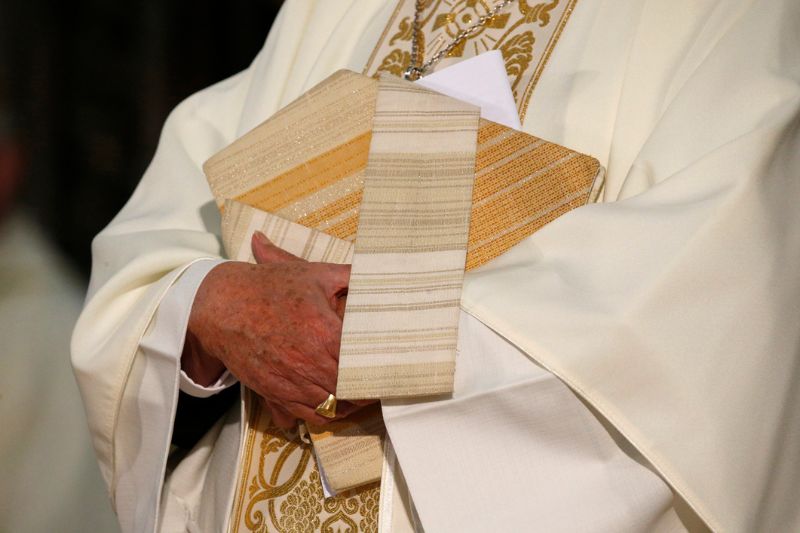
RELIGION
- John Warhurst
- 25 March 2025
As Australia approaches another federal election, the Catholic Church, long ambivalent about democratic politics, prepares to weigh in. Its official statement could play it safe, as in years past — or it could offer a deeper moral vision, confronting the global drift toward division with the quiet radicalism of synodality.
READ MORE
-
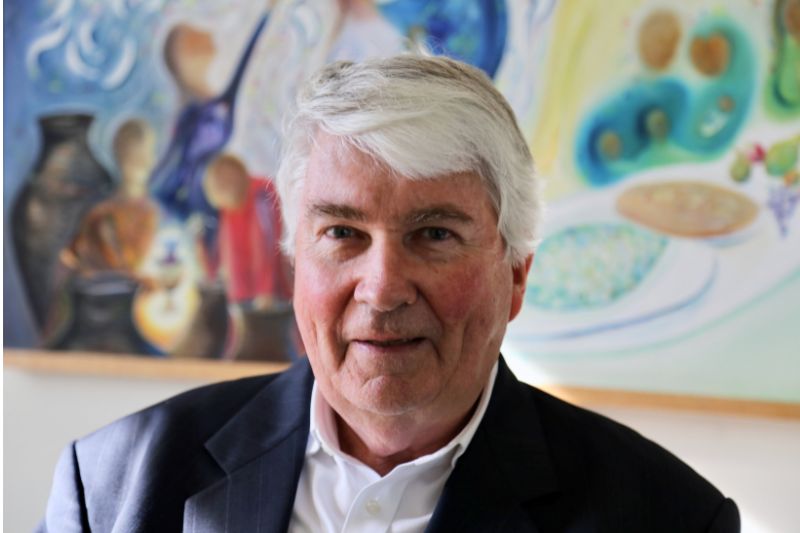
RELIGION
- Jim McDermott
- 13 March 2025
Frank Brennan wears his prominence lightly. A priest, lawyer, and tireless advocate for Indigenous rights and refugees, he is as at home in political corridors as he is at the dinner table, welcoming friends with stories and good cheer. Now, celebrating 50 years as a Jesuit, he reflects on faith, justice, and a life of service.
READ MORE
-
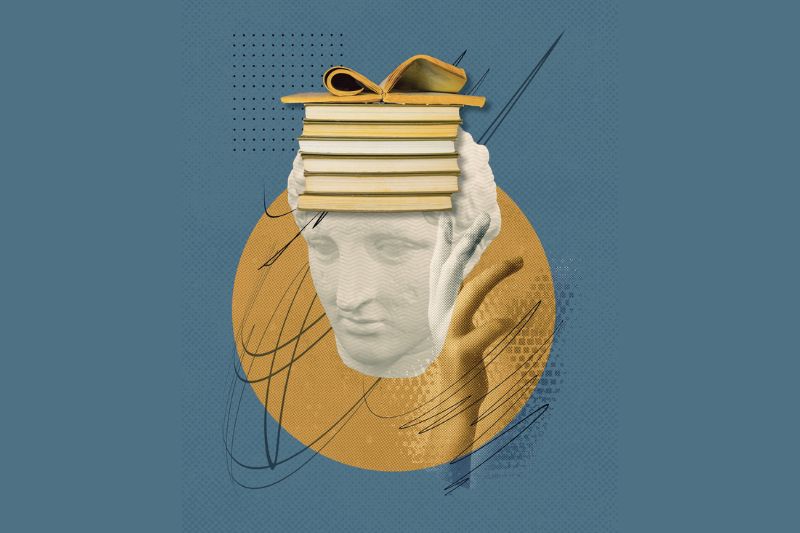
EDUCATION
- Erica Cervini
- 06 March 2025
Despite public fascination with ancestry, true crime, and historical podcasts surging, formal study of history is in free fall. With university departments shrinking and misinformation rising, historians face an urgent question: how do you persuade students—and the public—that history isn’t just interesting, but essential to understanding the present?
READ MORE
-

AUSTRALIA
Pressed for time and under mounting pressure to diagnose, doctors risk missing what matters most. But as one GP has learned, the real work of medicine begins when patients are heard as people — and when their fears, grief, and stories become the starting point for genuine care.
READ MORE
-

RELIGION
- Emma Carolan
- 19 February 2025
Amidst a rise in antisemitism globally, some in the Jewish community have raised concerns about echoes of historic anti-Judaism resurfacing within the Church. While Catholic leaders condemn overt hate, has the Church fully confronted its entrenched biases, or do old prejudices still affect its response in ways that go unnoticed?
READ MORE
-

AUSTRALIA
- Sandy Toussaint
- 13 February 2025
In Broome, the work of the Royal Commission into Aboriginal Deaths in Custody uncovers not only personal grief but also the enduring systemic failures that continue to claim Indigenous lives. As the commission’s findings remain largely unimplemented, the question remains: why has Australia failed to meaningfully address the injustice of these deaths?
READ MORE
-

AUSTRALIA
- Erica Cervini
- 05 February 2025
In 1940s Australia, neighbourhoods pulsed with neighborly connection — a stark contrast to today’s soaring rates of loneliness. As societies grow increasingly fragmented and isolation deepens, can that bygone era offer any lessons on healing our contemporary disconnection?
READ MORE
-
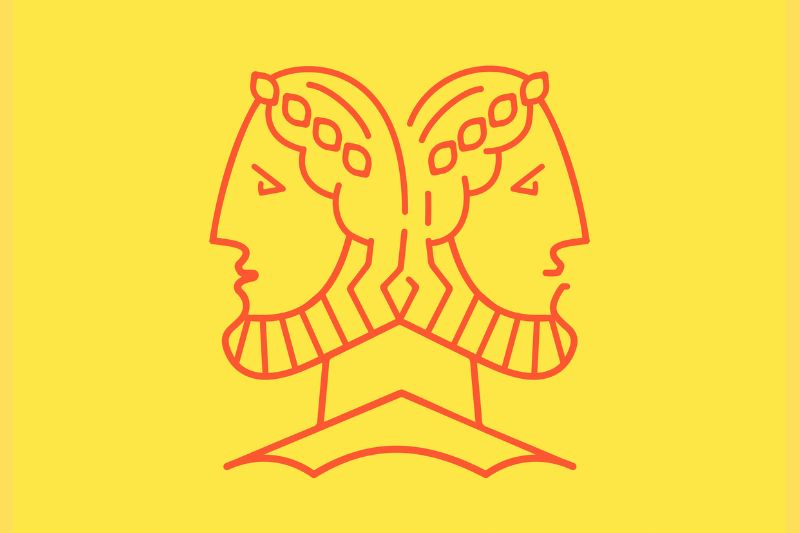
ARTS AND CULTURE
- Barry Gittins
- 29 January 2025
As the news cycle fills with exposés of hypocrisy, from politicians to celebrities, we are confronted with uncomfortable questions: When should we hold others to account, and when should we accept the contradictions in ourselves and others? The answers, it seems, lie somewhere between judgment and grace.
READ MORE